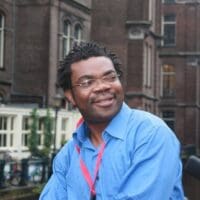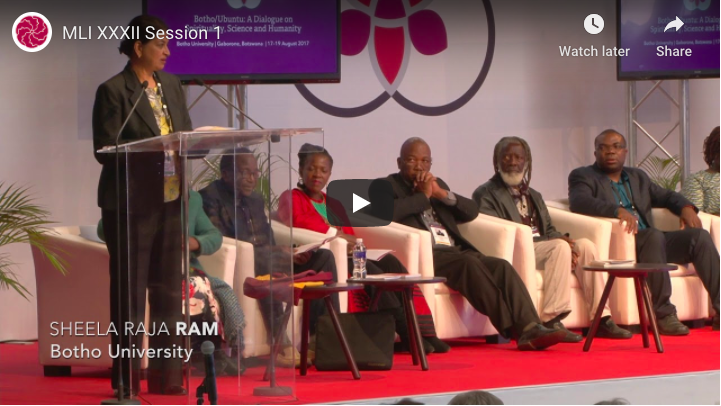The common conception of Botho/Ubuntu is that it is a theory of African humanism. Many reasons suggest however, that its application and understanding in the contemporary socio-political imagination in societies where Botho/ Ubuntu is preached, is merely as a practical ideology. Viewed as an ideology, its role as an ethical guide for conduct is also contradicted by the very same practices that constitute Botho/Ubuntu. How do we reconcile Botho/Ubuntu for example, with the genocide in Burundi and Rwanda or the deeply entrenched political corruption in contemporary Africa? My presentation underscores the limitations and dangers imposed upon Botho/Ubuntu when held as an ideology, and seeks to examine different ways in which Botho/Ubuntu may be applied as a contemporary African humanism that is not tied to ideology. Redeeming it from the shackles of ideology enables its availability as a genuine ethical practice and healthy humanism. In redemption of the concept, I will present Botho/Ubuntu in an historical context as a philosophy and culture of African peoples with 12 relevance for our conversation on diversity, humanism and shared well-being. I will explore the role of Botho/Ubuntu as a dialogic philosophy of culture that is mutually transformative. Botho/Ubuntu is thus additionally understood as a healing tradition, a call for diversity and for personal responsibility.

Michael Onyebuchi Eze, PhD
University of Amsterdam, University of Cambridge
Michael Onyebuchi Eze currently teaches African political theory at the University of Amsterdam and a fellow at Trinity Hall, University of Cambridge. Until recently, he was a visiting scholar at the … MORE

Lily Mafela, MA, PhD
University of Botswana
Lily Mafela is a Professor of History and History Education at the University of Botswana in the Department of Languages and Social Sciences Education. She joined her department in 1983 … MORE


